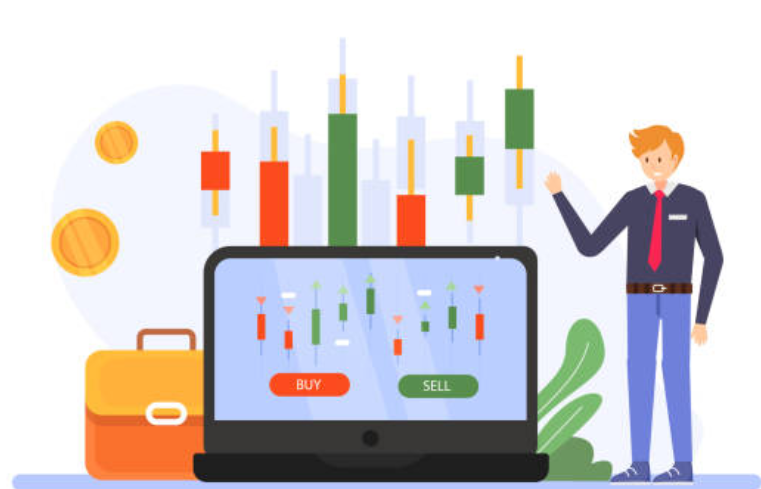What Makes Backlinks Sustainable?
Sustainable backlinks serve as the foundation of a strong, future-proof SEO strategy. Unlike fleeting link-building tactics focused on quick wins, sustainable backlinks are earned from credible, relevant sources and are designed to stand the test of time. These links come from reputable sites within your industry or niche, and they’re contextually placed within valuable content. For businesses and marketers looking to streamline their white-hat link acquisition approaches, you can learn more about it here for scalable solutions that align with modern search engine guidelines and best practices.
Quality backlinks foster genuine value for both users and site owners. When an editorial authority references your business because you’ve contributed original research or expertise, those votes of confidence signal trust to search engines. Ultimately, sustainable backlinks drive long-term organic visibility, referral traffic, and higher rankings by prioritizing relevance and user experience over sheer volume.
Why Avoid Short-Term Backlink Tactics?
Short-term backlink schemes, such as purchasing links, using automated directories, or engaging with link farms, might promise a lightning-fast uptick in rankings. However, these methods are unsustainable and put your website at significant risk of manual penalties or algorithmic devaluation from search engines like Google. These manipulative strategies can lead to a sudden drop in rankings, a loss of organic traffic, and lasting damage to your domain’s reputation.
According to research from Ahrefs, most high-ranking pages earn links organically over time through quality content and meaningful engagement rather than shortcuts. Sustainable backlinks, therefore, should always be the goal for organizations aiming for reliable, long-term growth in their SEO program.
Strategies for Earning High-Quality Links
Establishing a robust backlink profile takes intentional effort, patience, and a well-planned outreach strategy. Rather than relying on random or automated submissions, apply these proven methods:
- Contribute guest posts to respected industry blogs, showcasing your expertise and building authority in your niche.
- Collaborate with thought leaders or subject matter experts to co-create comprehensive guides, research studies, or reports that others naturally want to reference.
- Produce original data sets, case studies, or engaging infographics that editors and journalists view as valuable resources.
- Engage actively in authoritative online communities and professional forums to build credibility and earn mentions.
Each earned link should be a natural result of your brand’s expertise and topical relevance, not the outcome of manipulation or automation.
Creating Content That Attracts Links
Compelling content is at the heart of link-worthy assets. To consistently earn backlinks, develop resources that serve your audience better than what’s already available. This could include expert roundups, deep-dive analyses, tools, templates, or visually appealing infographics. Content that offers new data, unique perspectives, or thoroughly researched insights encourages citations from industry bloggers and mainstream media alike. Adding real value makes your site an essential reference point, naturally cultivating high-quality inbound links.

Building Relationships in Your Niche
Earning sustainable backlinks is as much about human connection as it is about technical know-how. Generic outreach emails sent en masse rarely yield positive results. Invest time building genuine relationships within your industry—online and offline- for enduring success. Attend relevant conferences, participate in webinars, join professional associations, and provide thoughtful engagement on social media and community forums. Over time, these connections can lead to collaborative projects, guest posts, or industry roundups that drive authoritative backlinks to your site while strengthening your reputation.
Measuring the Real Impact of Backlinks
Relying solely on link counts misses the bigger picture. The actual value of a backlink program lies in tangible business outcomes: higher rankings, steady growth in qualified organic traffic, direct referral visits, and measurable engagement. Tools like Google Analytics and specialized SEO analytics dashboards can help segment traffic from referring domains, revealing which sites drive engaged traffic, increased conversions, or brand mentions. Pay close attention to domain authority, page relevance, and anchor text distribution metrics. By analyzing these data points, you can refine your outreach strategy and double down on tactics that yield meaningful results.
Adapting to Search Engine Guidelines
The search landscape is constantly in flux, with frequent updates in how algorithms assess and reward backlinks. It’s vital to keep current with evolving Google policies and industry news, adjusting your practices as standards shift. What’s considered white-hat today may fall out of favor tomorrow, so schedule regular reviews of your outreach efforts and ensure ongoing compliance with best practices. Training your teams to focus on ethical, evergreen approaches protects your rankings and preserves your domain’s authority for the future.
Future Trends in Link Building
The future of sustainable link building is marked by innovation, authenticity, and user-centricity. Search engines are increasingly leveraging AI to evaluate the context and intent behind links. Meanwhile, user-generated content and peer-to-peer brand recommendations are growing in influence, highlighting the importance of community engagement and transparency. As digital spaces become more competitive, forward-thinking marketers will blend creativity with data-driven insights, always prioritizing genuine value exchange. Those who focus on building real relationships with their audience and within their industry will be best positioned to adapt and thrive regardless of algorithm changes.

I’m Rishabh, the CEO of Meleyrs and a passionate content creator. I specialize in producing clear, fact-based, and informational content across multiple niches, including finance, business, fashion, travel and health tips. My goal is to share accurate knowledge in a way that’s simple, engagingand useful without offering promotions or personal advice.




